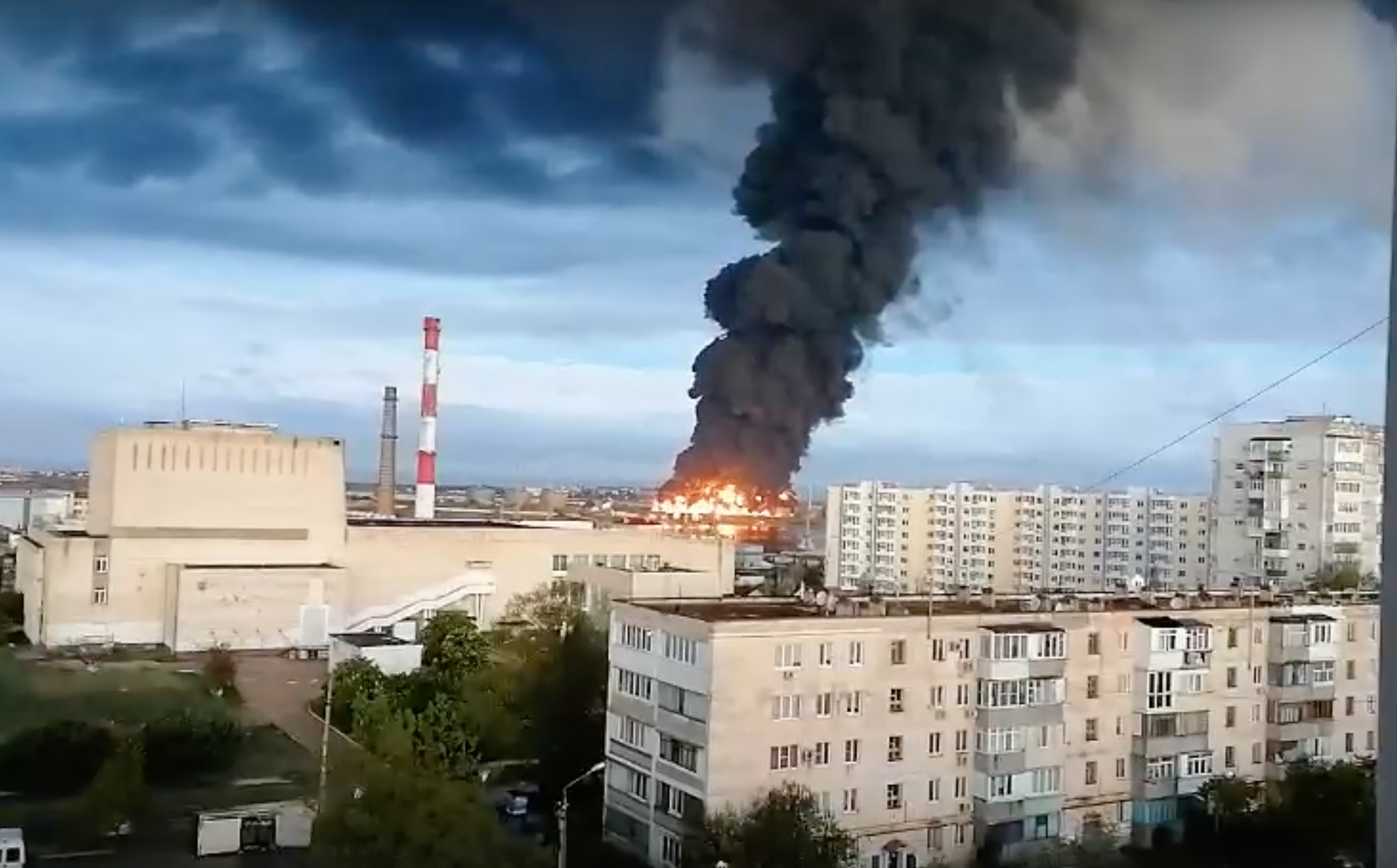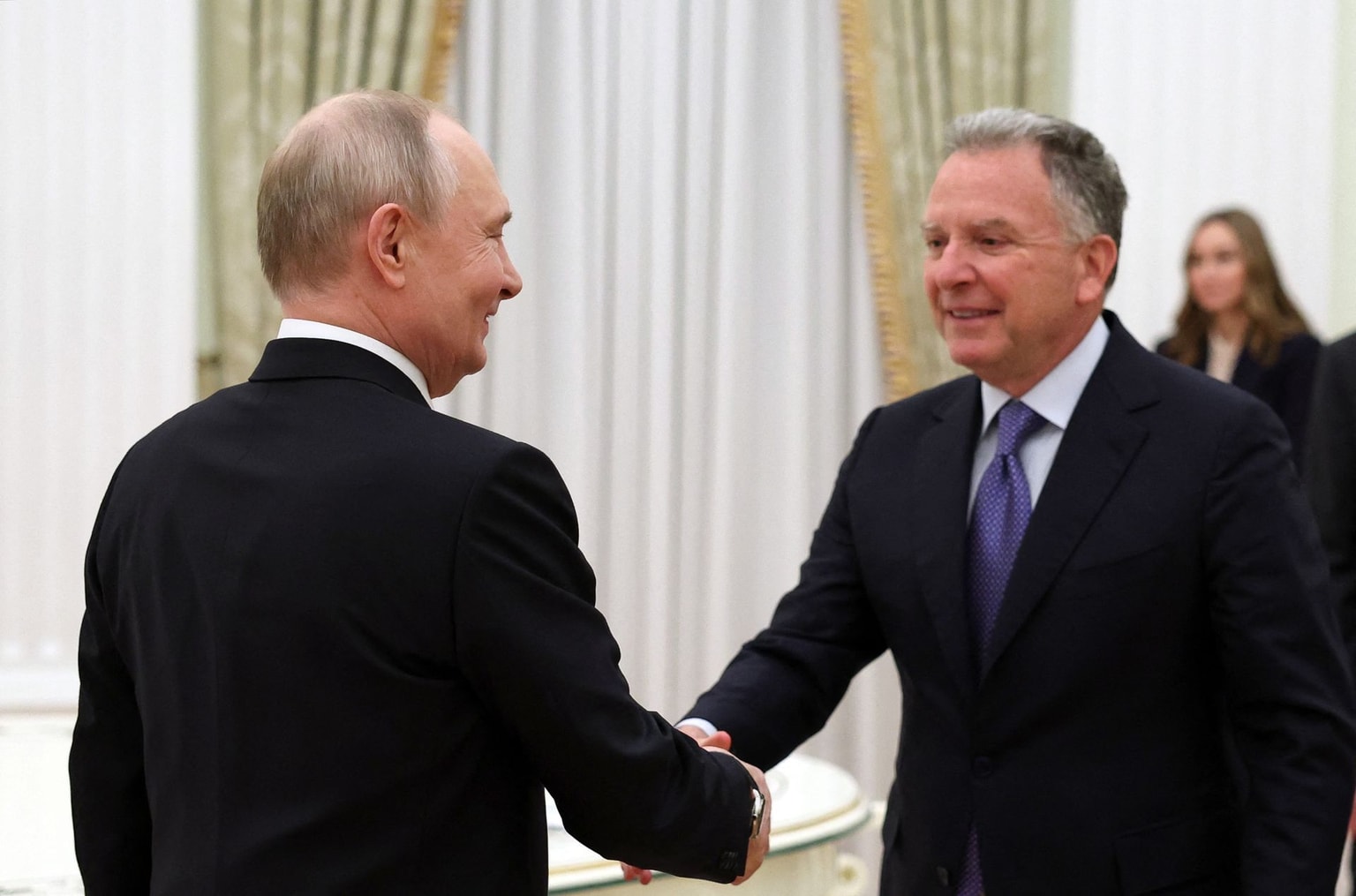Russian failures during its recent offensive likely led to the division of the responsibilities in Ukraine between two Ministry of Defense factions, the Institute for the Study of War said in its special report focusing on Russian military command changes since Feb. 24, 2022.
Russian dictator Vladimir Putin’s initial reluctance to appoint an overall theater commander led to “cascading effects on the Russian military, including fueling intense factionalization, disorganizing command structures, and feeding unattainable expectations,” the report said.
The D.C.-based think tank suggested that reluctance could have stemmed from Putin’s fear that certain military commanders would amass too much power due to the appointment.
As Putin prefers to demote personnel instead of dismissing them, these rotations also prevented the creation of a stable command structure.
The anticipated Ukrainian counteroffensive will likely inform Putin’s decision about the leaders of the Russian military.
“The Russian commander who faces the main direction of the potential upcoming counteroffensive will either demonstrate resounding success in defeating the counteroffensive or notable failure,” according to the report. The results will likely determine how favorably the commander will compare to the rest of the Russian military leaders.











